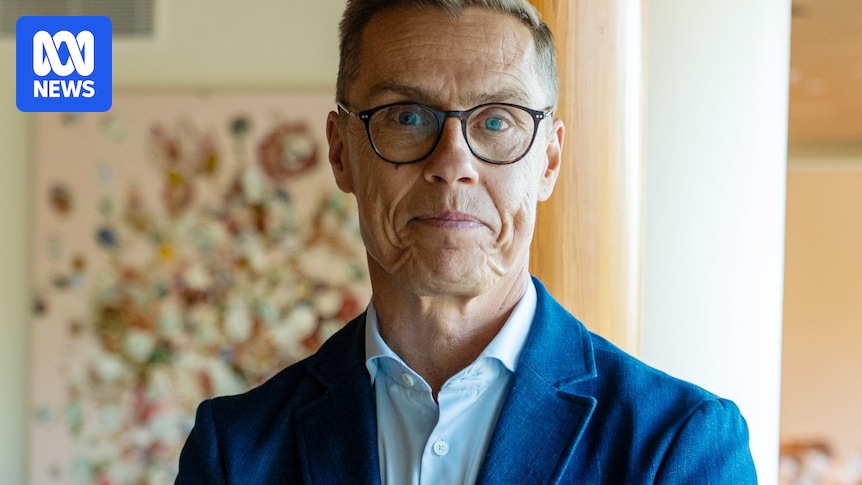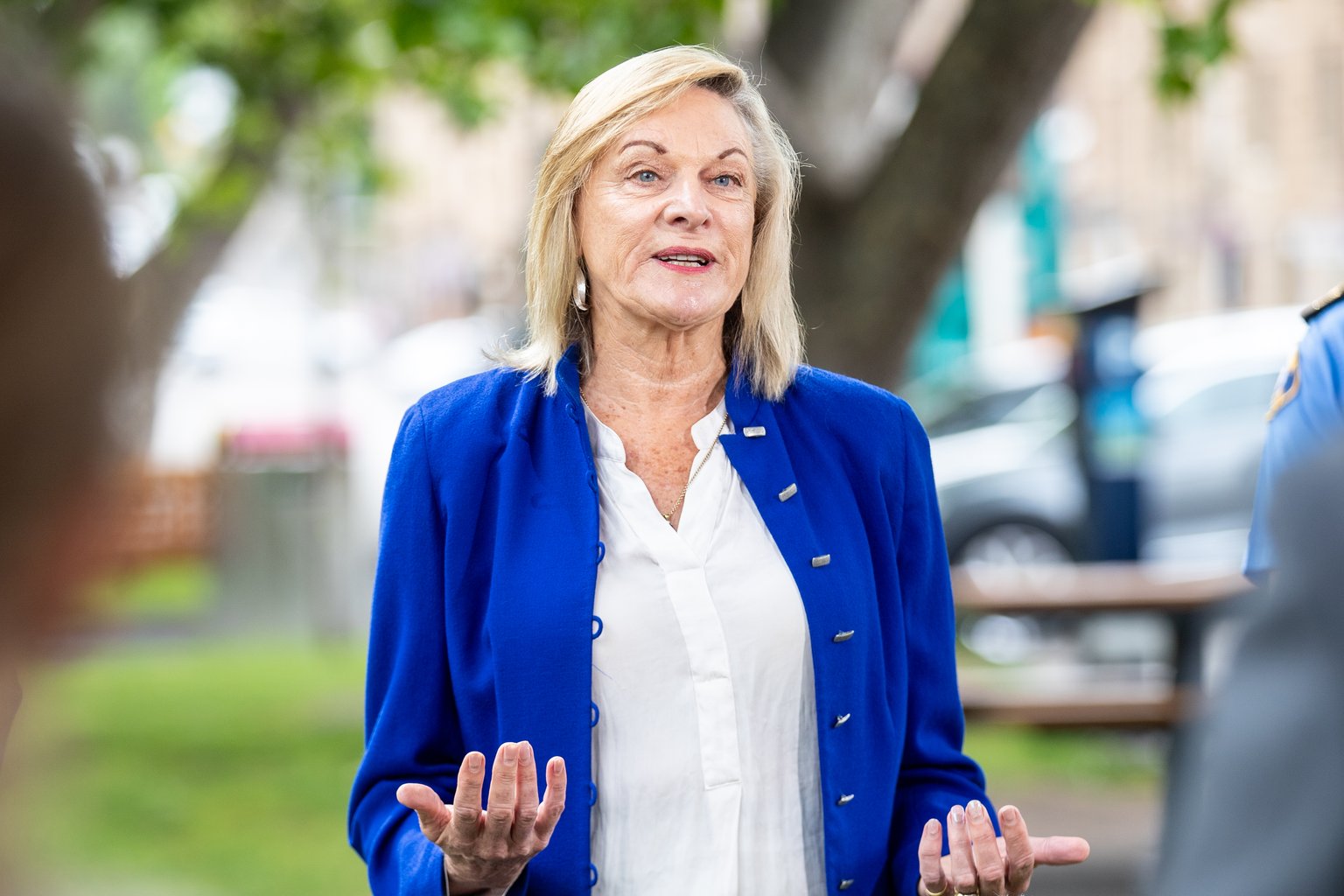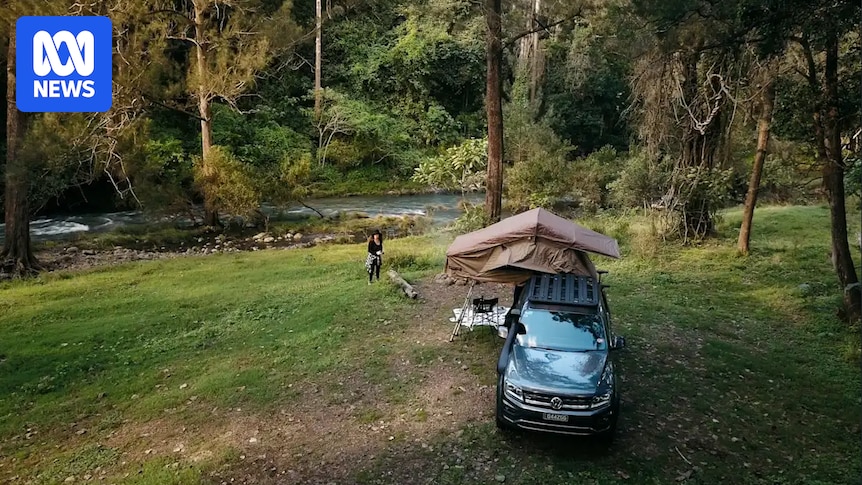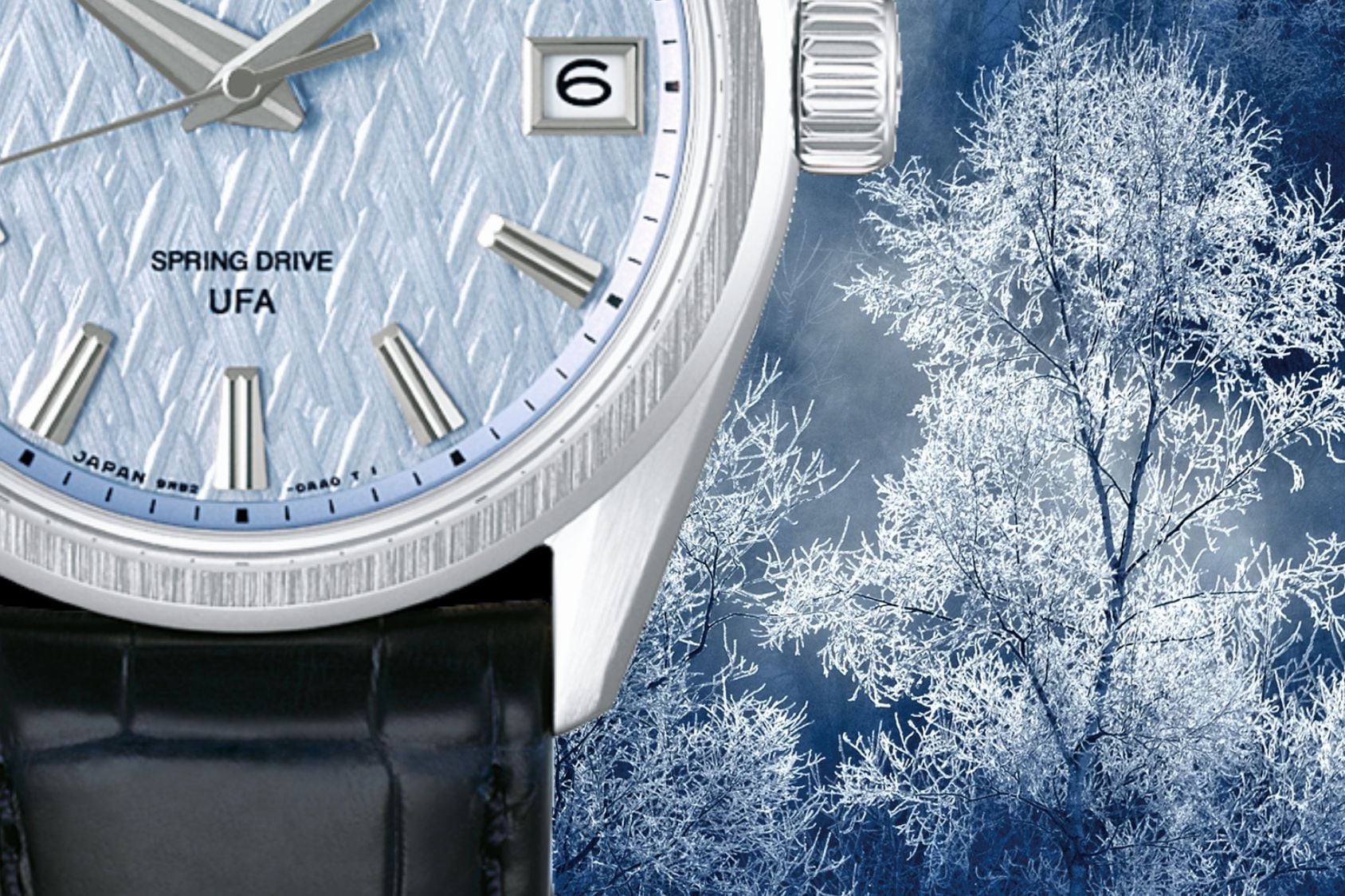
An afternoon tea meeting with a president isn’t an everyday occurrence for a foreign correspondent. Yet, there I was on a Tuesday afternoon in Helsinki, Finland’s capital, sipping tea and nibbling on pastries with President Alexander Stubb. The meeting, held at Stubb’s residence, was a surprise invitation extended to a small group of journalists from Kyiv, Brussels, London, Madrid, and Rome, offering a rare glimpse into the geopolitical dynamics surrounding Donald Trump.
As we settled around a long wooden dining table, surrounded by Finnish art and expansive glass windows, the conversation quickly shifted to geopolitics and global security, with a particular focus on the United States’ role in the ongoing conflict in Ukraine. Despite leading a nation of just 5.7 million people, President Stubb has emerged as a significant player in international diplomacy, particularly given Finland’s strategic position sharing a 1,340-kilometer border with Russia.
Finland’s Strategic Role in Geopolitics
Finland has been a steadfast ally of Ukraine since Russia’s full-scale invasion over three years ago. President Stubb’s close relationship with Ukrainian President Volodymyr Zelenskyy has positioned him as a key observer of Donald Trump’s attempts to broker peace. Stubb was part of a select group of European leaders who met with Trump following his summit with Russian President Vladimir Putin, and he has participated in high-level discussions with the U.S. leader.
“I think President Trump is working, if not around the clock, then at least every day, to end Russia’s war of aggression in Ukraine,” Stubb, 57, shared with us. “He began with carrots, to Russia and to Putin, and having seen that carrots rarely work with the Russians, he’s moved to the stick stage. Now it’s just a question of how big the stick is going to be.”
Trump’s Diplomatic Approach
When pressed for details on his “stick” analogy, Stubb humorously compared it to a golf driver, the most powerful club. “He has 14 clubs in his bag, ranging from sanctions to tariffs, both primary and secondary, so I guess that’s four sticks,” he explained. Stubb’s familiarity with golf, having played on Finland’s national team and shared a round with Trump at Mar-a-Lago, adds a personal dimension to their diplomatic exchanges.
Stubb described himself as a “realistic optimist” regarding Trump’s potential to end the war in Ukraine. “I’ve had the possibility to work with President Trump quite closely over the past few months,” he said. “The fact that he met President Zelenskyy in New York during last month’s UN General Assembly and gave promises on military equipment is a cause for optimism.”
“I plead to China … it would take one phone call from President Xi Jinping to President Putin to end this war,” Stubb said.
Global Implications and Future Prospects
Stubb noted that while Russia’s economy was relatively stable a year ago, it is now under strain due to sanctions and inflation. However, some analysts caution that the Russian elite remain insulated from these pressures, maintaining strong ties with countries like Brazil, North Korea, India, South Africa, and China.
Finland has joined the Coalition of the Willing, led by France and the United Kingdom, to provide security guarantees to Ukraine, including forming a “reassurance force.” This coalition includes allies from across the globe, such as Australia, New Zealand, Japan, South Korea, and Canada. “It was instrumental to get in Australia, New Zealand, Japan, South Korea … Canada, and then of course Norway and Iceland, who are not EU members. This just shows the broadness of it,” Stubb remarked.
While Australia’s specific role remains unannounced, Stubb acknowledged their dedication despite time zone challenges. “I kind of feel sorry for [the Australians], because every time we have [coalition video calls], it’s in the middle of the night their time, but, heroically, they are there,” he said.
The meeting with President Stubb offered a unique perspective on the intricate web of international relations and the potential for diplomatic resolutions. As geopolitical tensions continue to evolve, the insights shared over an unexpected afternoon tea may prove crucial in shaping future strategies and alliances.






